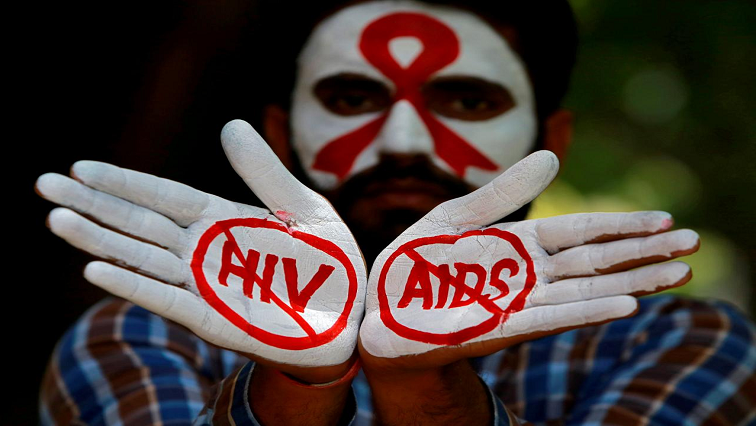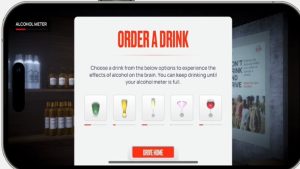An estimated two million young people will die of HIV by the year 2030 if nothing is done to improve HIV/AIDS responses across the world. That’s according to a UNICEF report titled: Children, HIV and AIDS: The World in 2030, released in Johannesburg on Thursday – ahead of World AIDS Day on Saturday.
The global body says while there’s a reduction in the number of new HIV infections among the zero to 19 age group, the world is not on track to end AIDS in 12 years.
Twenty-three-year-old Saidy Brown, from Itsoseng in North West, was born HIV positive. Her parents died when she was still young.
Brown found out about her status when she was 14 years old, and it was the most confusing time of her life.
“I was so young and so naive. I was like, ‘let me just do it for memories’ because I was at a school trip. I never expected to be testing positive for HIV. I was young. I was not having sex; I was not dating. I was like definitely HIV negative and my results came back positive.”
She was left to deal with her positive status alone.
“It took me about six months to disclose to my aunt whom I am still staying with; the reason being I just did not know how to say I am living with HIV because I was expecting her to ask me where did you get it from and I don’t even know where I got it from, and me saying I don’t know where I got it from kind of looked a bit shady.”
Brown experienced a lot of self-stigma. She kept asking herself a lot of questions without any answers.
“I remember thinking maybe I’m the only person living with HIV and when I found out I was born with it I thought maybe HIV is a thing ‘ya ko gae’ (family disease), because my parents passed on because of that and here’s me. So, I was like okay, it’s just our thing at home.”
Brown wanted to create a safe space for her peers who were going through the same thing.
“So, growing up I needed that person living with HIV, that role model type of thing, and because I never had that I felt the need to start talking about it, until I got to get on treatment. I remember thinking we are going to apply for those pills because I really thought I was the only one who was living with it, and when I saw how accessible they were, if there are so many pills it means that there are people living with HIV. But we are not saying anything. Why are we not saying anything about it?”
The bubbly Brown is calling on the public and government to stop sexualising HIV.
“And you go to clinics and want to learn about things like viral suppression, PREP, and the first question you will be asked, ‘Is it not enough that you are living with HIV? Why are you still asking about sex?’ It’s things like that. Like ‘how dare you think you still deserve to have sex? How dare you think you still deserve to enjoy sex? Is it not enough that you are living with HIV?’ As if young people are going to stop having sex.”
While Brown is happy to be alive, millions of other young people have not been as lucky. Others will still die of the disease if efforts to defeat it are not escalated.
The Deputy Chief of HIV at UNICEF, Doctor Shaffiq Essajee, says that by 2030, there would be fewer new infections and deaths.
“By 2030, there would indeed be far fewer new infections and deaths and the total number of children and adolescents living with HIV would fall from 3 million, where we are today, living with HIV globally, to about 1.9 million in 2030. From 420 000 new infections in children and adolescents every year to about 270 000 a year and roughly half of the 126 000 deaths would still be occurring among children and adolescents every year in 2030.”
World AIDS Day will be commemorated globally on 1st of December.
In South Africa the main event will be in Dobsonville in Soweto.






